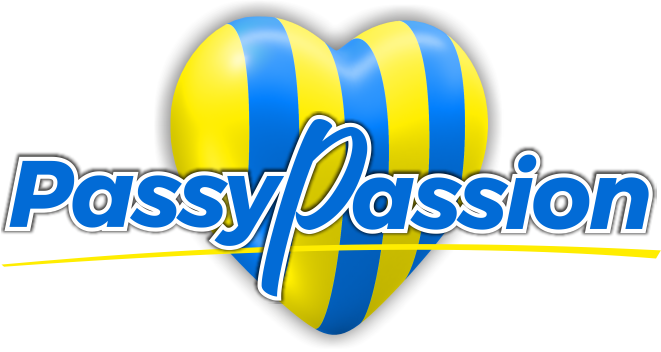teaching aboriginal culture in early childhood
National Aboriginal and Torres Strait Islander Childrens Day is held on 4 August each year. Aboriginal Storytelling in Early Childhood (Pre-Recorded Webinar). It includes developing positive attitudes towards cultural differences and gaining knowledge of different cultural practices and world views. The rich benefits of traditional methods like this can be extended to all children, by involving singers, dancers, and actors specialising in culturally specific music, movement and drama in ECEC services. It begins with a commitment to listen and learn and a willingness to negotiate and being open to new ideas. Explore our Celebrating Culture category on the ECA Shop that features childrens books, ECA publications, Learning Hub modules and research-based resources. The television series was integrated into the transition from play to lunchtime. My mission is to share Aboriginal Culture in a positive and respectful way to kindergartens, early childhood centres and primary schools. Aboriginal children : the healing power of cultural identity Every day, 10 to 20 toddlers and preschool children gather at the Katl'odeeche First Nation Children's Centre on the Hay River Dene Reserve, Northwest Territories. The PhD study by Cherie Lamb (2019) illustrates how badly refugee children and their families were misunderstood, impacting 3-5 year old childrens access and participation in EC services in Queensland. Shandell strongly believes in early education and guiding children in culture from an early age. The educators also found that the teaching resources enabled them to consider deeper learning opportunities and to tie in big picture thinking with the cultural aspects of the episode. As part of our Quality in Practice series, Jessica Staines, Director of the Koori Curriculum explores National Quality Standard 1.2 and shares ideas on how educators can embed Aboriginal and Torres Strait Islander perspectives through their program and practice. When teaching Aboriginal and Torres Strait Islander children, contextualising the curriculum through culture is essential if we want to see them thrive in school and early education settings. Many Australian families value the importance of teaching their children respect for our Countries First Nations Peoples however many struggle with their knowledge and confidence. Information for parents and carers including learning and wellbeing resources, advice, study skills, a quick guide glossary, homework help, tools for learning remotely, support for additional needs and more. Understand Indigenous culture and engaging with local knowledge. loading essentials, You Respect trumps harmony5 leadership lessons from the worlds toughest workplace, How to effectively reflect, record and engage children. Its alright to stand up and say I am Aboriginal and I go to kindy and Im going to go somewhere in my life. The Conventions centrality in early childhood education and care (ECEC) is built into the Early Years Learning Framework (DEEWR, 2009) as follows: that all children have the right to an education that lays a foundation for the rest of their lives, maximises their ability, and respects their family, cultural and other identities and languages. (p.1), Embedded in the National Quality Standard Quality Area 1, child centred programs are the core or the foundation of every ECEC service. Parents reported exclusionary practices at EC services that were overtly or covertly discriminatory, and whereby they felt ignored and disrespected by educators (p.8).
Egils Saga Sparknotes,
What Is Wrong With Assembly Of God,
22nd Percentile On The Schnur Chart,
Lake Oswego Country Club Membership Cost,
Articles T

